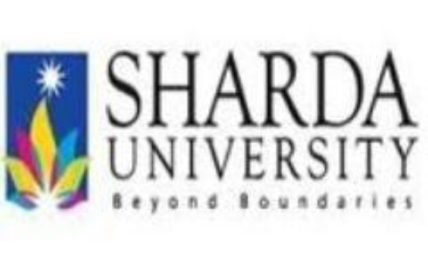MEA India slams UNHCR for making “misleading and unacceptable” remark against arrest of alleged activist Teesta Setalvad


Arindam Bagchi, the spokesperson for the Ministry of External Affairs, criticised the UN Human Rights Commission for making an unjustified remark against the arrest of Teesta Setalvad and two others. The MEA slammed the UNHRC remarks as being inaccurate and unacceptable.
Setalvad, former IPS Sanjiv Bhatt, former Gujarat DGP RB Sreekumar, and other others were detained after they were accused of fabricating information to investigators concerning the 2002 Gujarat riots in order to gain attention. The Zakia Jafri case verdict from the Supreme Court noted how misinformation were distributed to encourage unrest and “keep the pot boiling,” and the arrests happened shortly after that.
The UN Human Rights Commission tweeted in opposition to the arrest of the alleged activists and former police officers as soon as the news broke.
The UN Human rights body stated in a tweet, “We are very concerned by the arrest and detention of Teesta Setalvad and two ex-police officers and call for their immediate release. They must not be persecuted for their activism and solidarity with the victims of the 2002 Gujarat Riots.”
Official Spokesperson of the Ministry of External Affairs, Arindam Bagchi issued a severe response, “We have seen a comment by the Office of the High Commissioner for Human Rights (OHCHR) regarding legal action against Teesta Setalvad and two other persons. The remarks by OHCHR are completely unwarranted and constitute an interference in India’s independent judicial system.”
“Authorities in India act against violations of law strictly in accordance with established judicial processes. Labelling such legal actions as persecution for activism is misleading and unacceptable,” he added.
Teesta Setalvad, a purported activist, was detained by the Gujarat Anti-Terrorism Squad on June 26 after a FIR for forgery was filed against her and others under multiple sections of the Indian Penal Code. Along with two other people, Setalvad was charged with violating the IPC’s sections 468 (forgery for the purpose of cheating), 471 (using forged document or record as genuine), 194 (giving or fabricating false evidence with intent to procure conviction of capital offence), and other IPC sections after it was discovered that she had been influencing witnesses in the Gujarat riots case.
DISCLAIMER: The author is solely responsible for the views expressed in this article. The author carries the responsibility for citing and/or licensing of images utilized within the text.

